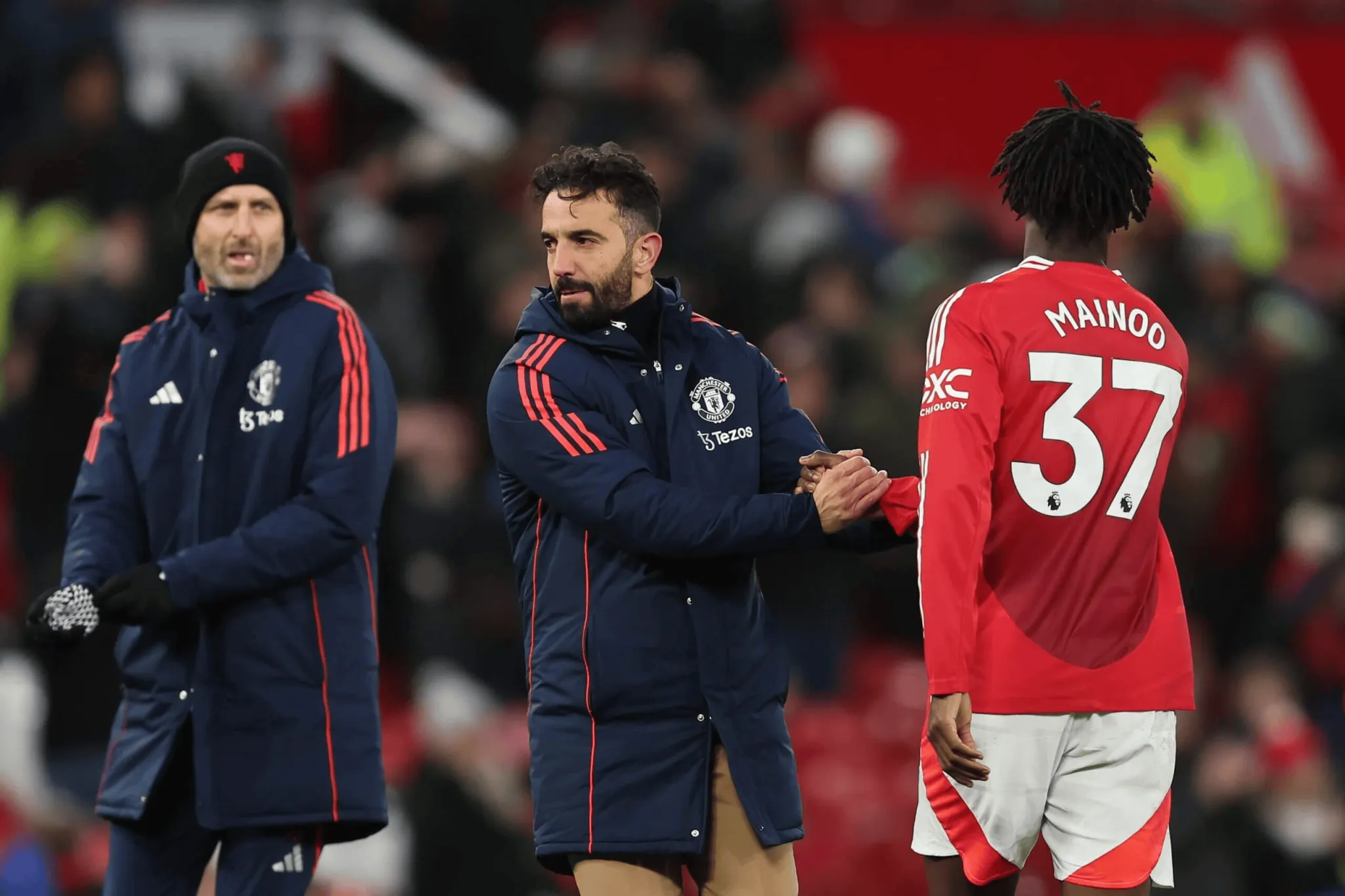
Mainoo currently earns around £20,000 per week. Over the past year, the two parties have held multiple rounds of negotiations regarding a contract extension, with the core of the talks naturally focusing on a salary increase.
As a key player for the club, Mainoo is seeking a significant salary hike—potentially up to 10 times his current earnings. During Manchester United’s Champions League campaign, he once ranked higher than Casemiro in the midfield pecking order, and the latter earns approximately £350,000 per week.
However, even when he was getting regular game time, the club was unwilling to meet his wage demands. They believe he needs another one or two years of development before reaching the level that justifies such a salary.
At present, it seems completely impossible to reach any contract extension agreement. Given the game time he has received under Amorim, Mainoo has no intention of renewing his contract for the time being. Initially, many within the club thought his willingness to leave was just a bargaining chip in negotiations, but it now appears that he could depart either this summer or in a future transfer window.
Few players like Mainoo would choose to join a club where regular game time is uncertain, and the 20-year-old has no clear path to more minutes in Amorim’s system—a concern that is now more acute than ever before.
When Mainoo returned to training after recovering from injury in the spring, many at Carrington (Manchester United’s training ground) noticed that he had put on muscle mass during his rehabilitation period, making his physique heavier than it was in his teens. This has raised questions about whether this change helps or hinders his agility.
Some argue that at his age, he should be part of a rotation system. There is no doubt that Manchester United has previously placed too much responsibility on young players.
It should not be forgotten that Amorim himself was once an international midfielder, having represented the Portugal national team 14 times. He is well aware that players cannot reach their peak at such a young age.
Nevertheless, some people close to Mainoo have been shocked by his fall from favor and surprised by Amorim’s lack of communication. The 40-year-old young manager has not provided specific guidance; instead, he tells players to train hard and earn their places in the team. This approach applies to all his players, not just Mainoo—Casemiro, for example, regained favor after being sidelined for a period.
However, there are doubts among some whether this is the best method for young players who need guidance and feedback.
It is said that Mainoo has performed well in training and quietly goes about his business. He has a close relationship with another young player, Leny Yoro—they trained together for fitness over the summer and have also been spotted socializing in Manchester.
The season has only just begun with two matches played, and Amorim has repeatedly stated that young players and fringe players will have opportunities to play in the coming period.
Yet the opening matches have precisely shown how difficult it is for a talented, fan-favorite academy graduate to secure regular game time in his preferred position. What’s more, this situation comes in a World Cup year, which adds another layer of significance.




